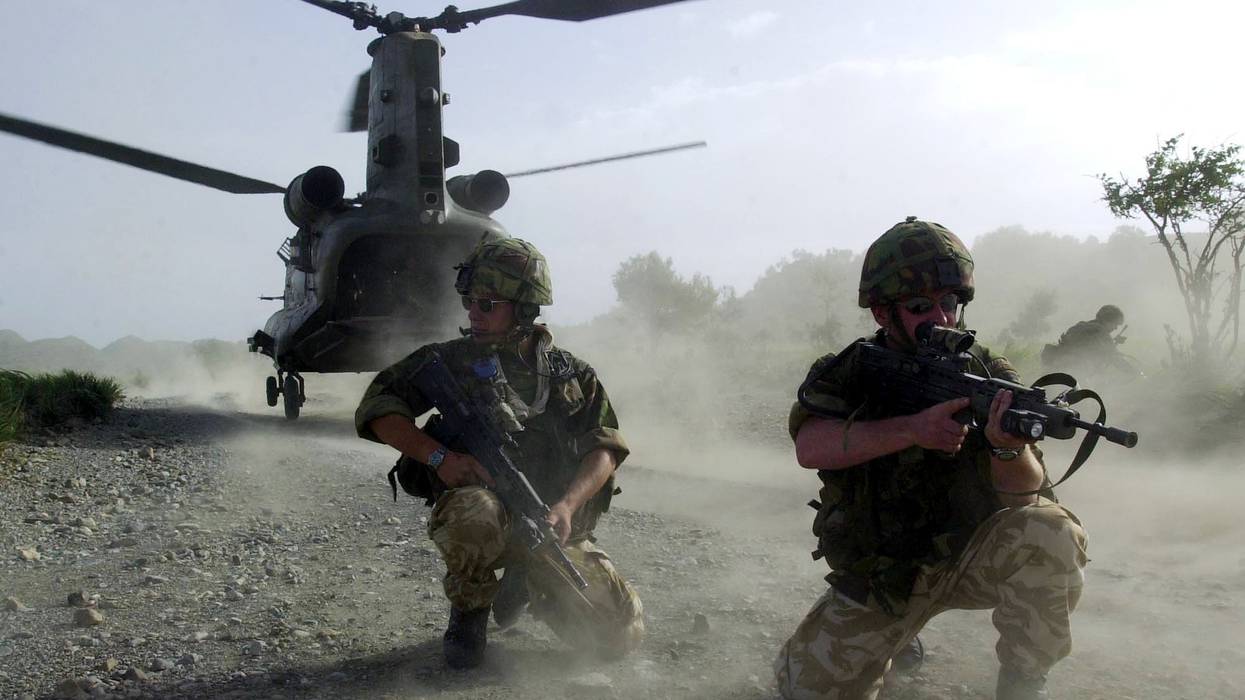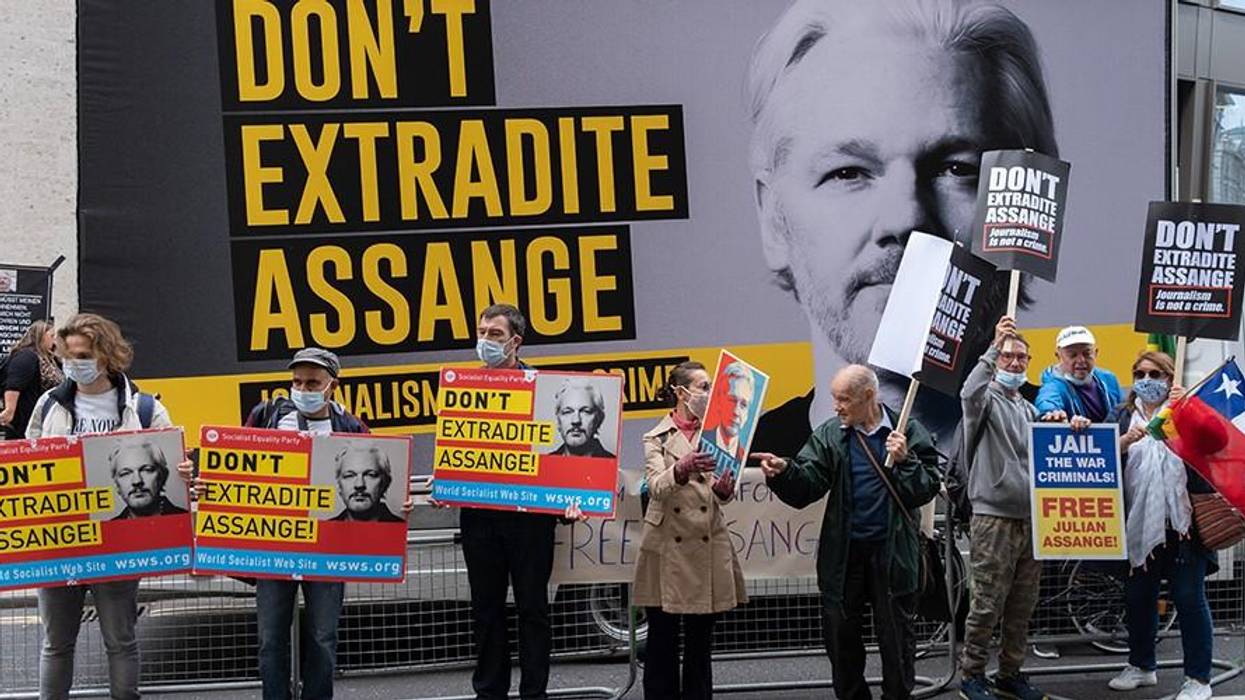"They handcuffed a young boy and shot him," recalled one SAS veteran who fought in Afghanistan. "He was clearly a child, not even close to fighting age."
"It's not justified, killing people in their sleep."
Another veteran who served with the SAS said that killing was "intoxicating" for some soldiers and became "an addictive thing to do," adding that there were "lots of psychotic murderers" among the ranks.
"On some operations, the troop would go into guesthouse-type buildings and kill everyone there," he said. "They'd go in and shoot everyone sleeping there, on entry. It's not justified, killing people in their sleep."
One SBS veteran described executions of wounded people who posed no threat, including one man who was being treated by a medic when "one of our blokes came up to him."
"There was a bang. He'd been shot in the head at point-blank range," the veteran recalled, describing the killing and other like it as "completely unnecessary."
"These are not mercy killings," he said. "It's murder."
Another veteran recounted a fellow SAS commando who kept track of the dozens of Afghans he'd killed during his six-month deployment.
"It seemed like he was trying to get a kill on every operation, every night someone got killed," the former soldier said, adding that his colleague was "notorious in the squadron; he genuinely seemed like a psychopath."
The soldier allegedly slit the throat of an injured Afghan man after telling an officer not to shoot him again, "because he wanted to go and finish the wounded guy off with his knife."
Another veteran said "everyone knew" what was happening and that to avoid scrutiny for executions, British troops would plant "drop weapons" on victims' bodies to make it appear as if they were militants. U.S. troops—who widely engaged in this war crime—called it "dead-checking."
One veteran said that "there was implicit approval for what was happening" from commanders.
"We understood how to write up serious incident reviews so they wouldn't trigger a referral to the military police," he explained. "If it looked like a shooting could represent a breach of the rules of conflict, you'd get a phone call from the legal adviser or one of the staff officers in HQ. They'd pick you up on it and help you to clarify the language. 'Do you remember someone making a sudden move?' 'Oh yeah, I do now.' That sort of thing. It was built into the way we operated."
"Panorama" also confirmed for the first time that former Conservative U.K. Prime Minister David Cameron, who was in office from 2010-16, was repeatedly warned that British troops were committing war crimes.
Gen. Douglas Lute, a former U.S. ambassador to NATO, told "Panorama" that then-Afghan President Hamid Karzai—who repeatedly
condemned American war crimes in his country—was "so consistent with his complaints about night raids, civilian casualties, and detentions that there was no senior Western diplomat or military leader who would have missed the fact that this was a major irritant for him."
In 2020, the International Criminal Courtdetermined that British troops committed war crimes in Iraq but declined to prosecute any alleged perpetrators.
Documented war crimes committed by U.S. troops,
mercenaries, and other private contractors in nations including Afghanistan, Iraq, Pakistan, Yemen, Somalia, Libya, and Syria during the ongoing War on Terror include but are not limited to murder of civilians and detainees, extraordinary rendition, torture, rape, and jailing and sexual abuse of women and girls held as bargaining chips.
Whistleblowers who exposed these and other illegalities—including WikiLeaks founder
Julian Assange, former NSA operative Edward Snowden, former Army analyst Chelsea Manning, former CIA intelligence officer John Kiriakou, and others—were almost always the only ones ever punished in connection with the crimes they exposed.
Other coalition troops—including Afghans, Iraqis, Australians, Germans, Poles, and Canadians—have allegedly committed atrocities during the War on Terror, as have Taliban, al-Qaeda, Islamic State, and other militants.
According to the Costs of War Project at Brown University's Watson Institute for International and Public Affairs, "at least 940,000 people have died due to direct war violence, including civilians, armed forces on all sides, contractors, journalists, and humanitarian workers" in U.S.-led wars since 9/11. This figure includes at least 408,000 civilians.




